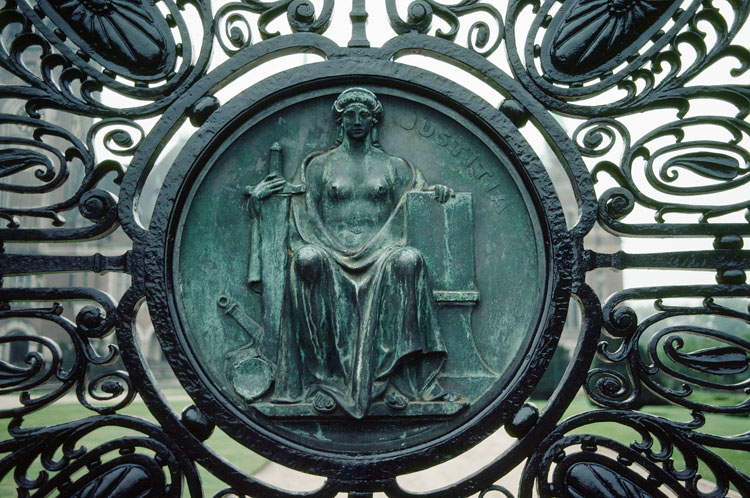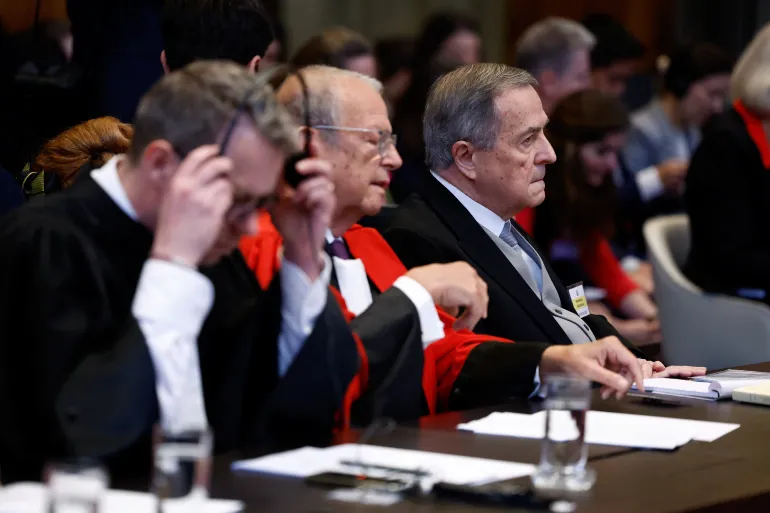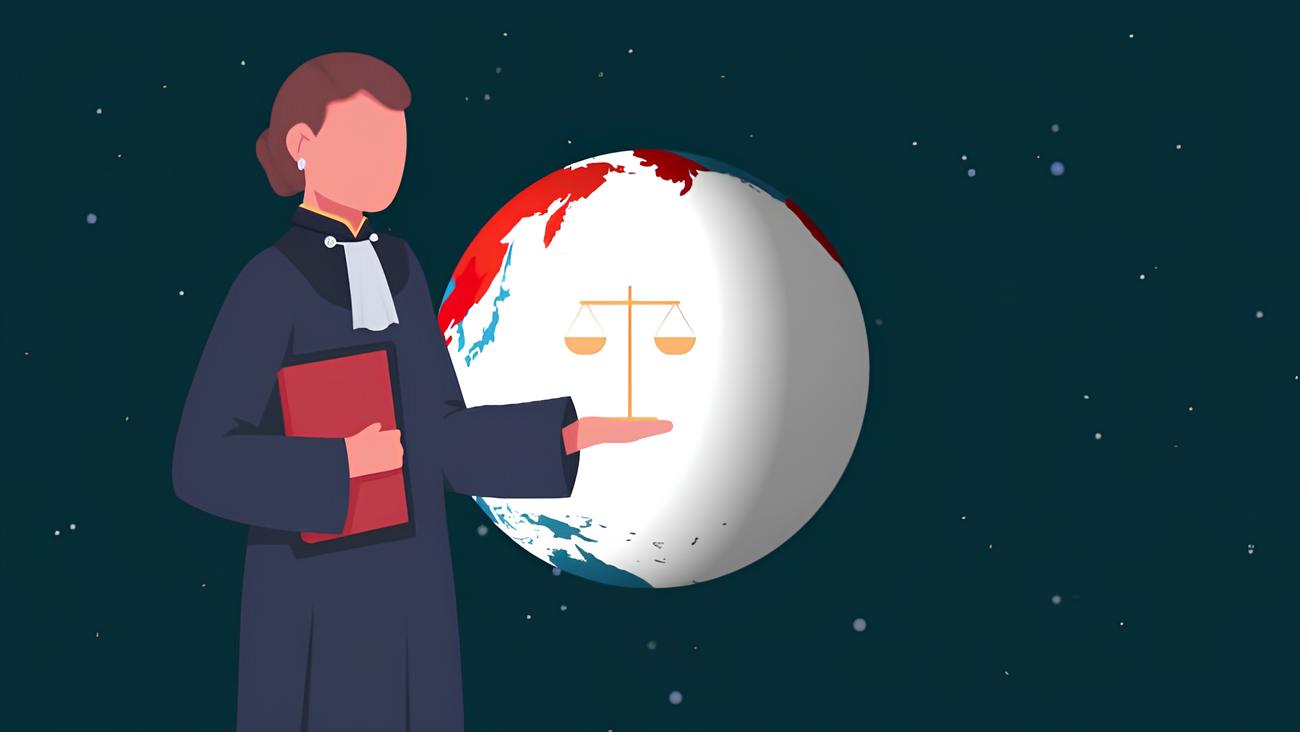International justice efforts demonstrated that reducing international crimes required meaningful steps to be taken in earnest. One of these steps was holding the perpetrators accountable “without any distinction”[1]. Seen formerly as a taboo, proceedings against perpetrators that serve(d) as senior state officials (e.g., heads of states, heads of governments, ministers) are now regarded as an essential way to ending impunity and deterring further atrocities.
In May 2019, the International Criminal Court (ICC) decided that Jordan did not comply with its obligation to cooperate with the Court when Jordan did not arrest and surrender the then-incumbent Sudanese Head of State Al-Bashir to the Court as he arrived in the Jordanian territory. This decision was in harmony with the objectives of ending impunity and preventing further atrocities. In the absence of any fear of punishment, international crimes are planned and committed. Perpetrators make sure that no power may potentially bring them to justice, as long as they are alive. However, this is no longer true today. On the contrary, international criminal law eventually progressed towards a point where it is widely accepted that the masterminds of atrocities must be held criminally responsible. In a global fight against impunity with the support of all actors of the international community, even the strongest, fears from facing trial.
The latest efforts to end impunity, undertaken by the ICC in the Al-Bashir case, have a deep-rooted history. When the question of Nazi leaders’ immunities was raised as a legal dilemma during the Nuremberg trials, the Nuremberg Tribunal stated that even the senior state officials could not get away with the international crimes that they committed. Later on, the decisions of the ad-hoc international criminal courts took the legacy of Nuremberg Tribunal to a broader level. The International Criminal Tribunal for the former Yugoslavia issued an indictment against Milošević, who was still in office as the head of state of Federal Yugoslavia.[2] Five years later, Special Court for Sierra Leone announced that Taylor, the then-incumbent head of state of Liberia, cannot escape from liability on the basis of his immunities, primarily because the Special Court is an international court that derives its mandate from the international community.[3]
Decisions by the ICC and other international courts and tribunals with respect to the immunities of senior officials are quite pertinent, considering that the rationale behind granting immunities is the protection of state sovereignty in the face of politically motivated trials. In fact, at least in two ways, trials before the ICC are different from a typical trial before a national court, from which the senior official must be deemed immune. First, the ICC has an international character, provided by its universal objectives, the impartiality of its judges, their independence from states, and many other factors. Judges are nominated with a just representation of different regions, legal systems, and for their expertise in international criminal law. Second, the crimes under the jurisdiction ratione materiae of the ICC constitute serious violations of international law. Investigating and punishing these crimes are ius cogens obligations, as stated by the Appeals Chamber in its Al-Bashir decision.[4]
These decisions are promising developments mainly because they provide clear and sound legal explanations on complex issues. Trials against senior officials before international courts are very rare occasions since such trials are a matter of last resort. Nevertheless, once such a case is brought before one of these international courts, the decision will be making the law. Thus, these courts both implement the law and contribute to its development, at the cost of shouldering a political burden. Their wise and responsible decisions demonstrate to the whole world that within the framework of international law, no international crime will go unpunished, no matter how heavy the burden is.
Encouraged by the point of arrival of international law today, the ICC gives a clear message with its fight against impunity. As Kofi Annan stated, “The establishment of the [ICC] was a gift of hope to future generations and a giant step forward in [the] march to universal human rights and the rule of law.” Future generations deserve a gift of hope that the world will never see those atrocities ever again.
Image: Justice In Conflict
Sources:
[1] Rome Statute of the International Criminal Court, Article 27.
[2] International Criminal Tribunal for the Former Yugoslavia, Milosevic, Decision on Preliminary Motions, Case no. IT-02-54, 2001.
[3] Special Court for Sierra Leone, Appeals Chamber, The Prosecutor v. Charles Ghankay Taylor, Case No. SCSL-2003-l-AR72(E), Decision on Immunity from Jurisdiction, 31 May 2004.
[4] ICC Appeals Chamber, Judgment in the Jordan Referral re Al-Bashir Appeal, 6 May 2019, No: ICC-02/05-01/09 OA2, para.123.




